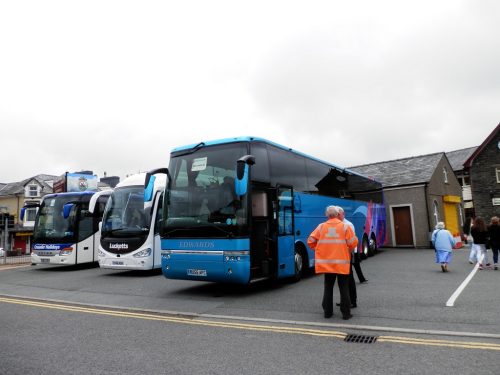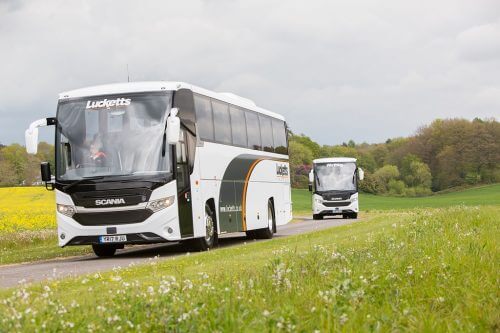
As 2017 drew to a close and the industry looks ahead to 2018, the CBW team asked a cross-section of industry professionals for their current views and predictions for the coming year
Question 1. What is your current view on the industry?
Question 2. How do you see the year ahead?
Chris Wales
Chief Executive,
Coach Tourism Association
1
It has been another challenging year for coach holidays – continental tours being the greatest challenge. Statistics show that cross-Channel coach traffic has halved over the past 10 years. Terrorism, the Euro exchange and the asylum seeker problems at the French Channel ports have all been contributing factors. Such popular destinations as Paris, the Dutch Bulb Fields, Bruges and shopping day trips to Calais, Boulogne and Dunkirk have suffered most.
On the bright side, volumes of domestic coach holidays and day excursions have never been better. The 2017 Coach Tourism Association (CTA) consumer survey (25,000 responses) shows that perception of coach holidays is at an all-time high, so we should all be encouraged by this and build on
the positives.
2
I am a glass half-full kind of chap, especially in Wetherspoons, so am optimistic about next year. At the 2018 CTA Conference at the Imperial Hotel in Blackpool on February 26, I will be emphasising the great opportunities for coach tour operators in the future and hope that as many of CBW readers as possible can attend. Our industry has been through many changes over recent years, but one thing that always impresses me is the ability for operators to rise to the challenges. Can I raise my hat to all the UK coach tour operators, especially to the family businesses, who are determined to continue to offer all their loyal customers excellent and value for money coach holiday.

Ian Luckett,
Director, Lucketts Travel
1
Whilst there are certainly challenges facing the bus and coach industry, I do feel the industry is in good shape. Having travelled to all the regions this year in my role as CPT President, I have spoken to and visited some really forward-looking business people, who run coach companies – which is what our industry needs. Despite the common perception that we work in an industry with an ageing workforce, I have seen may examples of companies attracting young people into both driving and management roles – it really has been encouraging.
There are undoubtedly challenges facing businesses with the Clean Air Zones (CAZ) and congestion, but as ever, they are just ‘issues’ that we will have to overcome. We’ve faced challenges in the past and overcome them, so I don’t see this any being any different.[…]
By subscribing you will benefit from:
- Operator & Supplier Profiles
- Face-to-Face Interviews
- Lastest News
- Test Drives and Reviews
- Legal Updates
- Route Focus
- Industry Insider Opinions
- Passenger Perspective
- Vehicle Launches
- and much more!


